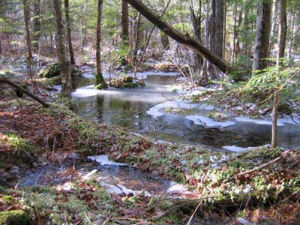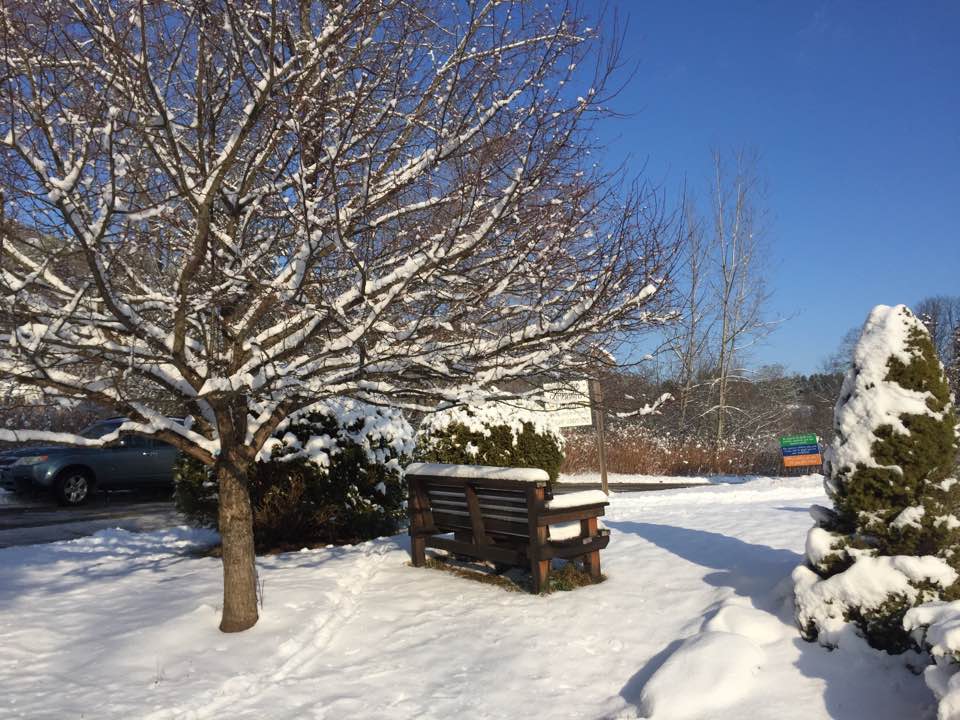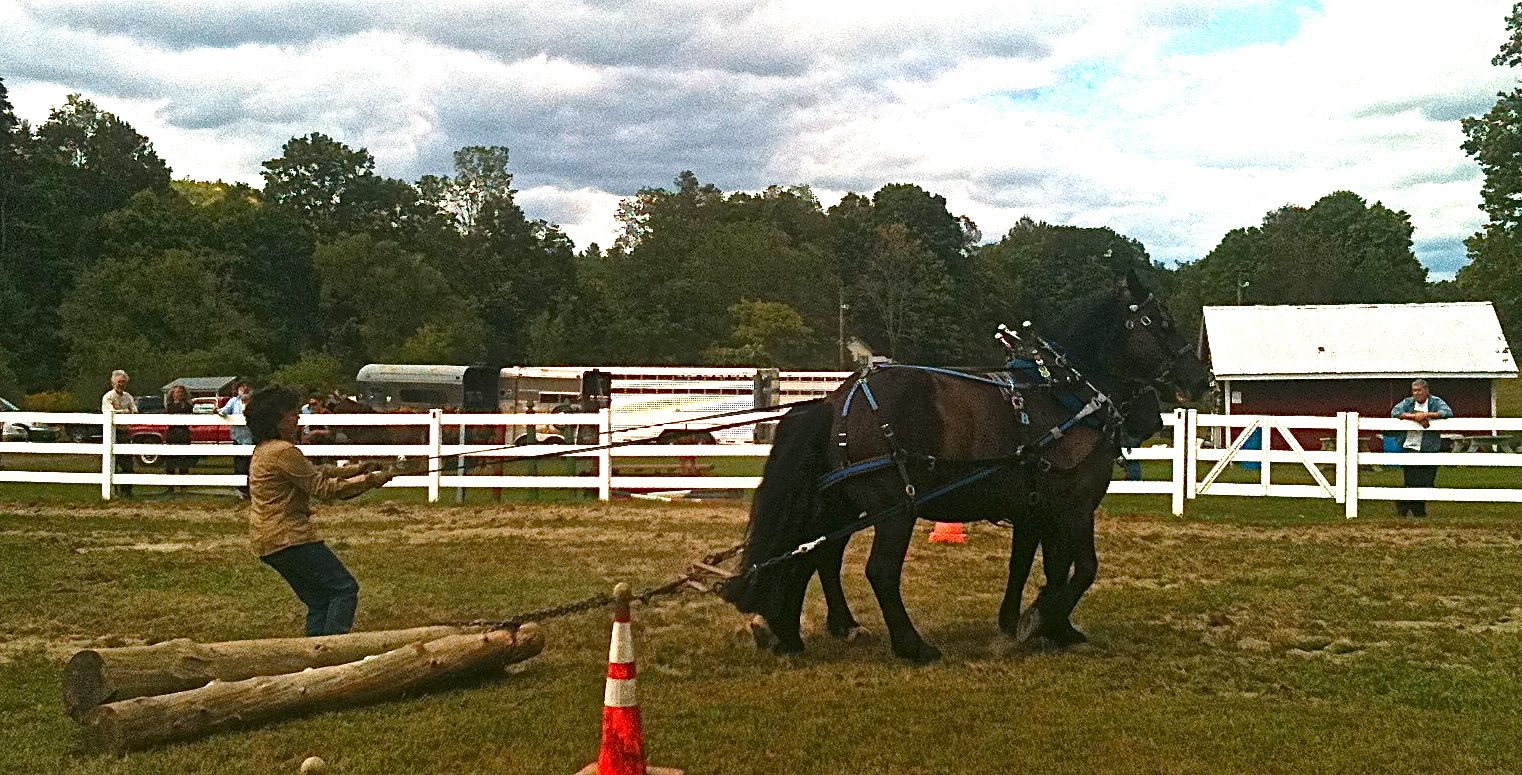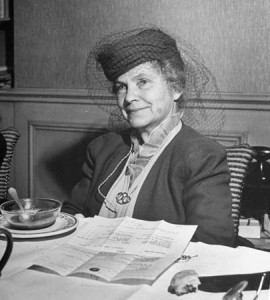Change and Adaptation
Overall, Vermonters have been lucky during this pandemic, in comparison with many other locations in the US, and internationally. Still, for most people the sudden unforeseen rewriting of our lives has been stressful and difficult to manage.
Today, in January, I am realizing that the current circumstances won’t go away anytime soon. Instead of pining for the past, and trying to keep up elements of life before the pandemic which remind me of normalcy as it once was, I have decided to take stock and relinquish habits which are now likely obsolete, and replace them with new adaptive choices and actions suited to the current situation with an eye to the post-pandemic future. Many of these adjustments may already have been made by those reading this—to me, they are new.
First on the list is no longer relying on sedentary activities—driving to work, working at a desk, driving home, then sitting some more—to fill my days. These days, I break up my work schedule at least once, often twice with a brisk walk outside. Since September, my routine has progressed from ten minutes of walking to fifty. As can be expected, the benefits to mood as well as stamina have been profound.
Concurrent with daily walks, the direct interaction with the natural world has arguably been the best thing to come out of this tragedy – laden time period. I’ve set up a bird feeder in our back yard—only one, plus suet—and the entertainment of watching chickadees, nuthatches, cardinals, titmice, woodpeckers, and yes, the jays too has raised my spirits every single day. Walking down our dirt road or along the West River Trail and really observing the trees brings me out of my own consternation in ways that no amount of talking can achieve.
Finally, returning to letter writing as a form of communication has made me feel connected to friends and allowed me to choose my words carefully as there is no backspace button. I have tried to send cards which add color and beauty to the recipients’ lives, and by doing so have the gratification of knowing I have lessened their feelings of isolation.
Feeling connected is of course key during these times, and when we can’t see our loved ones in person, our well-being is heavily challenged. Social media does so little to counter this—the value of one-to-one communication, even if it is virtual, is so important to share. Pushing through the enforced solitude and reaching out to at least one or two loved ones each day will help all of us weather the remaining months of distancing ahead.

Bridges
Tonight was a reminder of the ways words shape not only our relationships with others, but our perceptions of ourselves and the world in which we live.
At our evening Church service, this writer was seated next to a dear friend and neighbor named Herb; one of the kindest men I have ever known, who also happens to be a retired police chief.
In the 1970’s, when as a child I was part of a group sitting in to protest the opening of the nuclear power plant in our region, Herb was tasked with making arrests.
Having been raised in New York City in the 1960’s, I was brought up to refer to all police as “pigs”. These “pigs” were, as I was taught, the lowest form of human—worthy only to be spit on and reviled. In the Spring of 1968 I was taken to an anti-war rally in Central Park. The rally got ugly, with the opposing side throwing bottles, and a policeman tried to move me to safety. “Get your hands off her, you filthy pig”, the adult who had brought me said. Pigs were, decidedly, unsafe.
Many years later, as assistant to the pastor of our rural Vermont Church, Herb was one of the people who regularly frequented my office, usually to schedule a meeting or inquire about a project. At first, Herb’s appearance would bring out a mixture of panic and guilt—as though his very presence meant I had done something wrong which would lead to certain punishment.
Almost imperceptibly, over the next three years or so, I began to look forward to Herb’s visits. He would linger in the office, we would chat about this and that, and I found myself eager to share personal details and inquire about his family and life. Eventually, I told Herb about my early years and the relationship I had formed with the idea of him. I even told Herb that in former years I would have called him “pig”. He just shrugged and said he understood.
Tonight, at Church, I sat beside Herb. The service had not yet begun. Herb, now an older man, wanted to tell me something, and pushed his elbow into my side to get my attention. I hesitated. “Herb,” I said, “I was just elbowed by a police officer”. Herb looked at me, I looked at him, and we both broke into uproarious laughter.
It speaks to the neighborliness of Vermonters that such a relationship can be forged through familiarity and kindness.
Bernie!
In Vermont, we consider politicians as our neighbors. More importantly, we are considered neighbors by our politicians. If you ask a Vermonter about Bernie Sanders, they might not agree with every aspect of his political agenda, but most often he will be referred to as simply “Bernie”.
Vermont politics are not the slick, airbrushed publicity-seeking affair they are most everywhere in the USA. Vermonters are a discerning bunch, and will not put up with anything false. Education is a primary concern across the state, and young people who may choose a trade rather than higher education are still equipped to be thoughtful, insightful thinkers.
With a population so well-suited to cutting through hype to see the real deal, it is not surprising that our small state has produced a presidential candidate with real plans to make real change to benefit the people. Whether he gains the nomination or not, Bernie will continue to use the publicity he has to promote what is good in our country, not what is self-serving, exploitative, or greedy, as some others continue to put forward.
Bernie is good for Vermont, and great for America.
Fair Day At Last
Continuity of place is unlike any other form of creative inspiration. Knowing what the day will hold; whether it is feeding chickens, hanging laundry, bringing food to a neighbor, or sculpting plaster brings a sense of deliberate order and reliability which frees the mind and bolsters the spirit.
Such a day was last Sunday, when a group of us went to the County Fair. Horses, oxen, dinky rides which looked like they might topple at any moment; a lesson in sheep shearing, tomato displays, and all varieties of handiwork from felt to knit sweaters were shared in an amalgam of all that is rural New England. Perhaps most gratifying were the nods and tips of the hat (yes, people still wear hats in Vermont) acknowledging neighbor to neighbor, youth to elder, and banker to farmer in our small town.Translating this community gathering into written form offers the dilemma of which approach adequately credits the beauty, exhilaration, and festive clarity of the event. Every year brings 4-H animals and grape jelly competitions; traditions going back perhaps more than one hundred years. Yet the details and exacting care of these practices are always new. As a writer, viewing the intricacy and practiced talent on display at the Fair inspires an effort to do the same in written form. Only, the written word goes on, while a blue ribbon on a bunny cage is short-lived. Permanence lies in the etched detail of the wooden animal pens, the smell of sawdust, the bleating of baby lambs.
For many Americans, exposure to nature’s abundance is a rare occurrence. How many children have made the trip from urban centers and stood enthralled by a baby chick? We as humans have a deep need for interaction with animals, and when that need is addressed, personal transformation follows. Sharing in the animal exhibits is as much about watching the spectators interact as it is about the animals themselves.
Our Fair brings historical tradition into the present, with events named “Muster”, “Gymkhana”, and “Haylage”. Simple perhaps, but deeply-rooted and distinct in the most rewarding way.
Still
There is a difference between being alone, and isolation. In the company of trees, even in the silence of Winter, we experience the presence of the natural elements as kin, as friends, and as inspiration.
Once a friend of mine suggested lying down in the forest, to absorb the quiet of a Winter’s day. It was several years before I took this advice and found myself prone on a bed of moss which I had cleared from snow with a mittened hand. I lay on my back with my eyes open, seeing the untouched white of snow on laden branches, and the crown of blue sky. I became aware of the wool of my cap scratching around my ears, and the weight of my insulated parka pressing me against the firm earth. I lay still.
It was a matter of a few minutes before a rustling to my right made me turn my head. There stood a doe, her wet nose twitching as she tried to identify the creature she had encountered. Slowly I sat up and held out a hand; she looked at me with huge black eyes, turned and scampered off.
The sun was low as I made my way back to my home on the edge of the woods. That evening, it was all I could do to describe the softness of the woods, the chance encounter with an animal far wiser than I, and the subtle stillness of her habitat. Determined to venture out again the following day, my eyes closed in satisfying sleep as soon as I lay into the chilly pillow of a winter bed.
Building Community
Vermonters know that there is more to be done than simply arranging for one’s personal comfort. Among farmers, this holds true during the fallow months of Winter as it does during the planting, growing, and harvest seasons. Work in community is never done, and when our needs are met, we look to our neighbors for what their needs might be.
Recently I was reminded of the industriousness of our Vermont neighbors when a friend encountered an unexpected hardship. As soon as word got out of the fire which destroyed the upstairs of the single family home, neighbors came together and help was quietly, quickly, and efficiently put in place for those who had lost their dwelling in the cold month of November.
Drawing on several centuries of living by necessity, our neighbors have the keen intelligence to recognize that no one functioning alone can be successful in our often harsh and demanding climate. There will always be need, there will always be setbacks, and no matter what financial assets are at one’s disposal, money can’t buy a neighbor’s truck to pull us out of a ditch, or get the generator started when the power goes down. We rely on each other, by good intentions and acts of kindness, in this our rural outpost.
Since a writer’s work is often invisible on a local scale, it is important to integrate with community in different ways. Sharing brunches and suppers, participating in the rural development conference, working for religious and cultural organizations–of which there are many in our State–can serve as ways to bring us into community while adding to the quality of life for all. An intelligent community is one which recognizes the varied and valuable skills of its members which can and should be applied to the common good.
More on this subject can be found in an upcoming essay about Community Supported Agriculture in Vermont.
Finding the Poem in Landscape
In a state which prides itself on independent thinking, it is remarkable that so many of our citizens are dyed-in-the-wool conservatives. Yet it is so. Prior to the influx of communal dwellers and transplants from the New York arts scene in the 1960’s, rural Vermont was largely inhabited by farming folks who lived simply, frugally, and loved their flag.
The legacy of Vermont farm communities is evident in careful documentation passed down through generations, with many local families claiming ancestral heritage in the same Vermont towns going back to the 1600’s. By these standards, families which arrived in the late 1800’s are still viewed as “newcomers”.
Maintained privately and by Historical Societies throughout Vermont, documentation of everything from sheep weighing at the county fair, to quilt square making techniques provides a rich and comprehensive view into how the early Vermont settlers lived.
Much of Vermont’s history carries with it deep ties to the land, to neighborliness, and to a cooperative way of life which vastly preceded the commune movement of the ‘60’s. The imprint of strong community ties and an unwaveringly beautiful landscape have had a profound effect on Vermont literature. The works of writers from the late Grace Paley to Archer Mayor are replete with an unflinching emotional accuracy and distinctive portrayals of human relationships which reverberate beyond state boundaries. Vermont poets Verandah Porche and Norman Dubie draw on the natural landscape to evoke deeply rooted emotional responses among readers through their clear visual portraits of woods and rural homesteads.
There is a poem or piece of fiction within each deliberate aspect of life in our state. Whether it is hauling wood or braiding the mane of a sleepy mare, living is slow, often measured, and as such gives the Vermont writer the time to consider their subject, and to pay attention in a way our over-saturated society does not easily provide.
Dorothy Canfield Fisher
“Those who love deeply never grow old; they may die of old age, but they die young. “
–Dorothy Canfield Fisher
Ask any Vermont writer of the twentieth century about Dorothy Canfield Fisher, and you are bound to hear an earful.
Born on February 17, 1879 to an educator and a writer, Canfield Fisher spent her early years in the Midwest. It was her love of Vermont, where she lived as an adult on the farm passed down from her grandfather, which most inspired her writing.
The author was not one to avoid difficult topics, and her writing includes works about war, personal freedoms, and the Montessori method of education, which at that time was considered radical and very controversial. It was Canfield Fisher’s work with Maria Montessori which prompted the author to introduce the Montessori method in the United States, where the now nationally-recognized movement in education was previously unknown.
My mother was fortunate to have had an enduring friendship with Canfield Fisher, and I grew up hearing stories about their fascinating and often humorous conversations. In addition to being a woman of letters and a great humanitarian, Canfield Fisher had a wonderful sense of humor, and always spoke her mind.
Eleanor Roosevelt named Canfield Fisher as one of the ten most influential women in the United States, yet she never lost her humility. She continued to be active both as a writer and advocate for humanitarian causes well into her seventies. Dorothy Canfield Fisher died on the family farm in Arlington, Vermont on November 9, 1958.
For more about Canfield Fisher and a listing of her works:
http://cdi.uvm.edu/findingaids/collection/fisherdc.ead.xml






